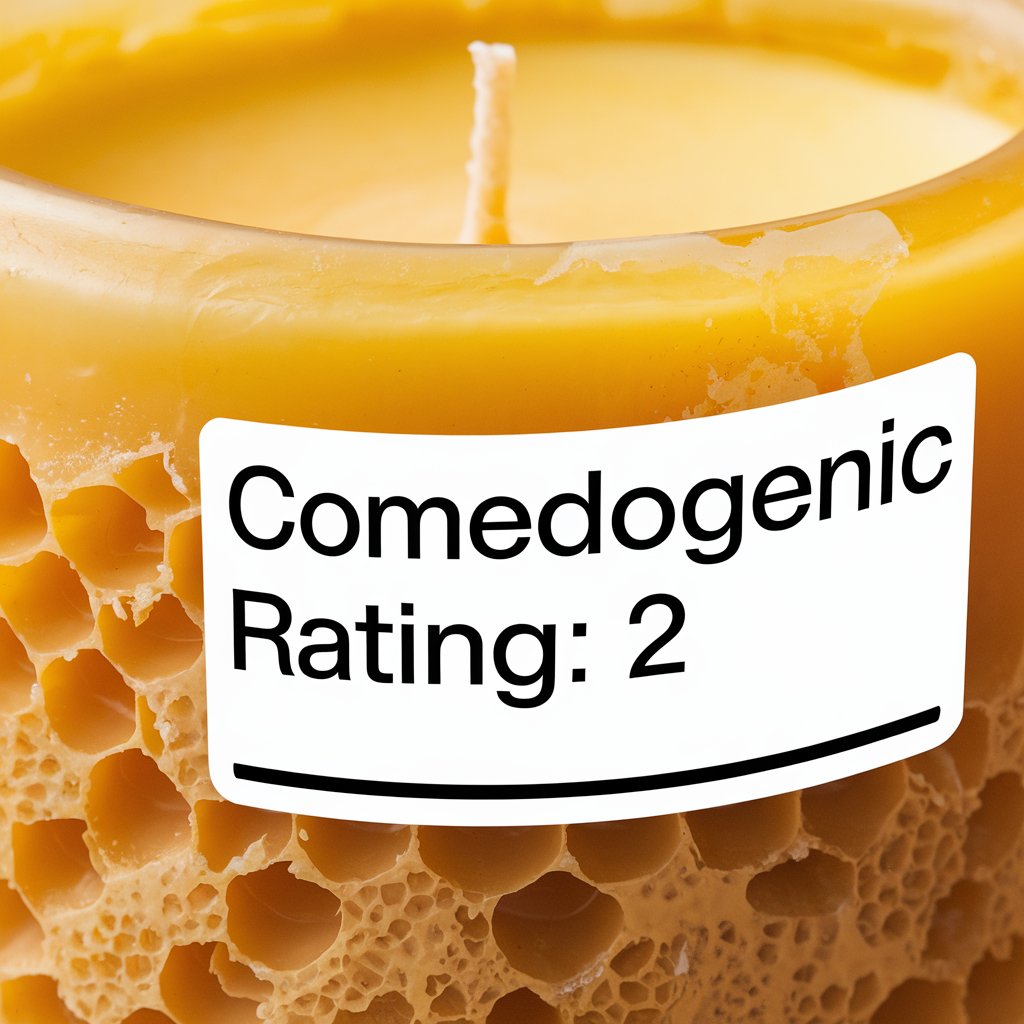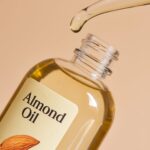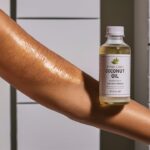Beeswax has been a popular skincare ingredient for centuries. From natural lip balms to DIY moisturizers, it’s loved for its moisturizing and protective qualities. But as more people focus on avoiding clogged pores, a common question arises: Is beeswax non-comedogenic? Let’s explore the research and dermatologist insights to determine if beeswax is friend or foe to your skin.
What Does Non-Comedogenic Mean?
Before diving into beeswax itself, it’s essential to understand what “non-comedogenic” means. Non-comedogenic products are formulated to avoid clogging pores. When pores are blocked, they can lead to blackheads, whiteheads, and acne breakouts. Hence, individuals with acne-prone or oily skin often seek non-comedogenic skincare ingredients to minimize the risk of pimples and other skin issues.
How Do We Measure Non-Comedogenicity?
There isn’t a universally accepted scale for non-comedogenicity. However, many dermatologists use a rating system from 0 to 5:
-
0-1: Won’t clog pores at all.
-
2-3: Low likelihood of clogging pores.
-
4-5: High chance of clogging pores.
Now that we understand this, where does beeswax fall on this scale?
Is Beeswax Non-Comedogenic?
The comedogenicity of beeswax is a widely debated topic. However, based on research and dermatologist input, beeswax is considered to have a low to moderate comedogenic rating, generally falling between 1 and 2 on the scale. This means beewax has a minimal likelihood of clogging pores, but it’s not entirely risk-free for everyone.
How Does Beeswax Work for Different Skin Types?
-
For Dry Skin: Beeswax can be highly beneficial for dry or sensitive skin. Its ability to lock in moisture makes it perfect for treating dryness and flakiness without suffocating the skin. Since dry skin types often lack natural oils, the risk of clogged pores is lower, making beeswax a good option.
-
For Oily or Acne-Prone Skin: Beeswax may not be the best choice for everyone with oily or acne-prone skin. While it’s rated low on the comedogenic scale, those prone to acne may want to be cautious. The occlusive nature of beeswax can potentially trap oils and dead skin cells, which may contribute to breakouts in some individuals.
Can Almond Oil Clog Pores? The Truth About Its Comedogenic Rating
Dermatologist Opinions on Beeswax
Dermatologists generally agree that beeswax is less likely to clog pores compared to heavier ingredients like mineral oils or certain synthetic waxes. Dr. Shereene Idriss, a dermatologist based in New York, explains that beeswax is a great natural ingredient, especially for those with dry or compromised skin. However, she advises those with acne-prone skin to test it first, as reactions can vary.
Dr. Joshua Zeichner, another prominent dermatologist, adds that beeswax’s anti-inflammatory properties can help reduce redness and irritation. This can benefit those suffering from inflammatory acne. However, he also notes that individuals with oily skin should approach it with caution, as its thick texture may trap sebum.
Does Beeswax Work Well in Skincare Formulations?
Beeswax is often found in a variety of skincare products, such as lip balms, lotions, and creams. When combined with other non-comedogenic ingredients, it can provide intense moisture without increasing the risk of clogged pores.
Beeswax and Other Non-Comedogenic Ingredients
Many non-comedogenic skincare products contain beeswax, especially when mixed with oils like jojoba, sunflower, or hemp seed oil. These oils have a low comedogenic rating and complement beeswax’s moisturizing benefits without increasing the chance of breakouts.
Products that mix beeswax with humectants (like glycerin or hyaluronic acid) allow for better hydration while minimizing the potential for pore blockages. This makes such combinations ideal for those with dry skin or those living in harsh climates where the skin needs extra protection.
Beeswax in Lip Balms and Its Effect on Pores
One of the most popular uses of beeswax is in lip balms. Since the skin on our lips doesn’t have oil glands, beeswax-based lip balms provide effective moisture without concerns about clogging pores in that area. However, when beeswax is used on the face, particularly in areas prone to oil buildup, it could potentially cause breakouts for some.
Potential Risks and Concerns
Though beeswax is generally safe, there are a few concerns worth noting:
-
Allergic Reactions: Some individuals might be allergic to beeswax, especially those with sensitivities to bee products. Always do a patch test before using any new skincare product containing beeswax.
-
Heaviness on Skin: Beeswax’s thick, occlusive nature might feel too heavy for people with oily skin. It can trap oils and lead to clogged pores if combined with other comedogenic ingredients.
Verdict: Is Beeswax Non-Comedogenic?
The answer depends on your skin type. For most people, beeswax is considered low on the comedogenic scale, meaning it’s unlikely to clog pores. It’s especially beneficial for dry or sensitive skin types due to its ability to lock in moisture without causing irritation.
However, individuals with oily or acne-prone skin may want to proceed with caution. While beeswax is less likely to clog pores than many other natural ingredients, it’s not completely risk-free. Those with acne-prone skin should always do a patch test or seek formulations that balance beeswax with non-comedogenic oils or humectants.
, while beeswax offers numerous benefits, its impact varies based on skin type. As with any skincare product, understanding your skin’s needs and how it reacts to different ingredients is key to achieving the best results.

I’m a devoted organic skincare enthusiast, passionate about the natural, wholesome goodness that organic products bring to our skin.
Organic skincare isn’t just a hobby for me—it’s a lifestyle. Every product I use, recommend, and write about has been carefully chosen for its purity and effectiveness. Everything I write about is backed by scientific studies, dermatologists’ opinions, and user experiences.
I also excel at tackling skincare challenges with innovative, organic solutions.


